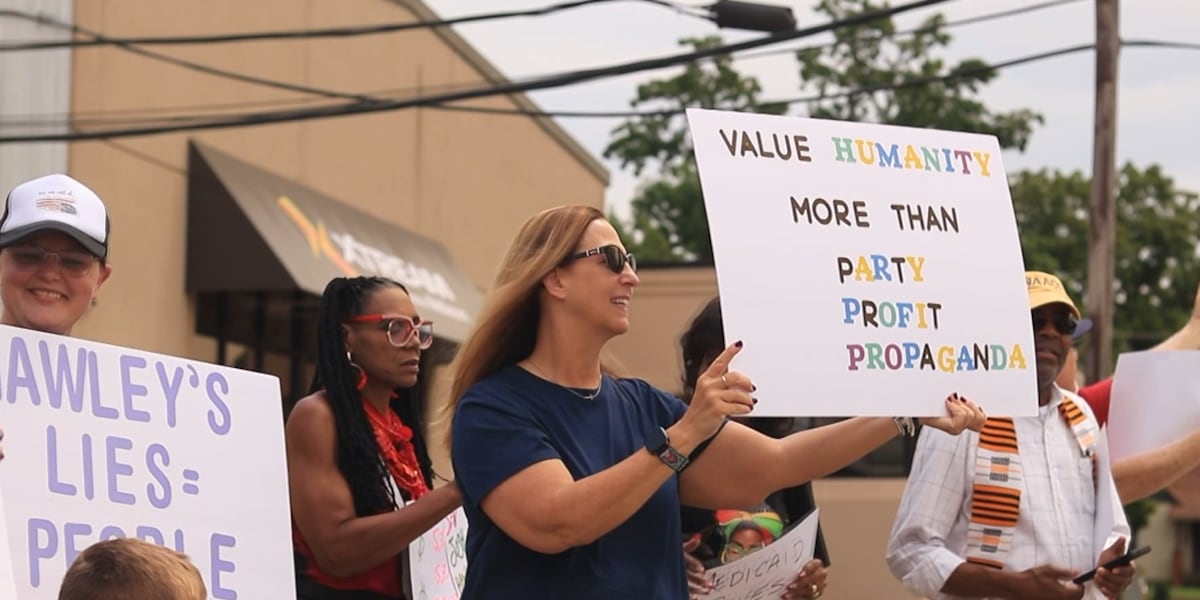Lawmakers Trying to Justify Medicaid Cuts
The controversy surrounding Medicaid cuts has sparked widespread criticism and protests, with many questioning the motivations of lawmakers who claim to oppose the cuts but ultimately vote in favor of them. As the 2026 midterm elections approach, Democrats are using the issue as campaign fodder, highlighting the hypocrisy of lawmakers like Sen. Josh Hawley.

Missourians are protesting outside Sen. Josh Hawley's offices, accusing him of hypocrisy for voting in favor of the "Big Beautiful Bill" that could cut Medicaid access for 250,000 residents, despite previously stating he would not support Medicaid cuts.
The protests come as Congressional Republicans have been voting for bills they claim to dislike, with some lawmakers explicitly threatening to oppose legislation before ultimately supporting it. This trend has been observed in several instances, including the $1 trillion Medicaid cuts bill and the $3.3 trillion megabill. Lawmakers like Sen. Josh Hawley and Rep. Ralph Norman have expressed concerns about the bills they voted for, but ultimately supported them due to pressure from President Trump or to secure benefits for their states or districts.
The trend is attributed to Trump's presidency, which has resulted in lawmakers becoming increasingly cautious about crossing him and risking their political futures. Notable examples of this trend include Sen. Lisa Murkowski voting for the megabill despite expressing concerns about its impact on Medicaid and SNAP, and Rep. David Valadao threatening to vote against the megabill before ultimately voting for it. This has raised questions about the accountability of lawmakers and the effectiveness of Congress in representing the interests of their constituents.
As the debate over Medicaid cuts continues, lawmakers like Sen. Josh Hawley are trying to justify their votes, with Hawley introducing legislation to prevent some of the deepest reductions from taking effect. However, his efforts have been met with skepticism from Democrats, who see it as a cynical attempt to fool voters, and from some Republicans, who view it as a way of saying "whoops."